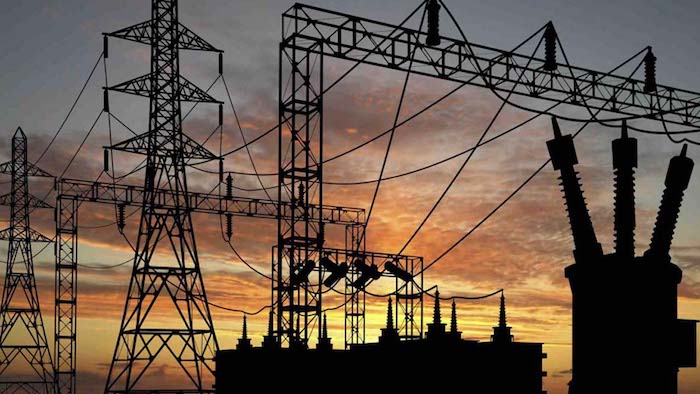The Transmission Company of Nigeria (TCN) and the Nigerian Electricity Regulatory Commission (NERC) have blamed the recent collapse of the national grid on an explosion at the 330kV Jebba Transmission Substation. This marks the third grid failure in just one week, plunging the entire nation into darkness early Saturday morning.
According to a statement by Ndidi Mbah, TCN’s General Manager of Public Affairs, the incident occurred when a current transformer at the Jebba substation exploded at 8:15 a.m. The system’s protection mechanism was activated to isolate the faulty transformer and prevent further damage, temporarily disrupting power supply across the country. TCN engineers promptly reconfigured the busbar arrangement and restored electricity to parts of the grid.
This latest incident comes on the heels of other setbacks for Nigeria’s power grid. TCN had previously reported vandalism to two towers along the 330kV Shiroro-Kaduna transmission lines, which compounded the grid’s instability.
In response to the persistent power failures, NERC has announced plans for an investigative public hearing to address both the immediate and underlying causes of recurring grid disturbances. In a statement, NERC emphasized that finding a lasting solution to the grid’s instability remains a top priority. The commission noted that the Electricity Act of 2023 mandates the unbundling of the Independent System Operator (ISO) from TCN to improve grid management and infrastructure investments. NERC is optimistic that this move will help reduce grid collapses.
“The public hearing will identify both immediate and remote causes of the recurring grid disturbances and widespread outages,” NERC said, adding that the date and venue of the hearing will be announced soon.
Meanwhile, former Minister of Power, Professor Bart Nnaji, has urged the federal government to resume the signing of Power Purchase Agreements (PPAs) with private investors to boost electricity generation. Nnaji, speaking at an energy forum in Lagos, highlighted the critical need for long-term agreements like PPAs to attract private sector investment in the power sector.
He pointed to the 450MW Azura power plant in Edo State as an example of how PPAs provide financial assurance to investors. Nnaji argued that the suspension of PPAs in 2015 has stalled new power plant developments, despite Nigeria having a nameplate capacity of 13,000MW but generating only around 5,000MW due to issues such as insufficient gas supply for power plants.
Nnaji also criticized the ongoing gas crisis, noting that it is unjustifiable for Nigeria, the world’s 9th largest gas producer, to struggle with domestic gas supply for its power plants. He emphasized that addressing the gas shortage is critical for stabilizing the nation’s power sector.
The former minister also lamented that broader economic challenges are reflected in the power sector, calling for greater patriotism and policy commitment from Nigeria’s political class to resolve these issues.
With NERC’s investigation underway and growing calls for structural reforms, Nigeria’s power sector remains a focal point of national debate as the country grapples with repeated grid collapses and energy shortfalls.
